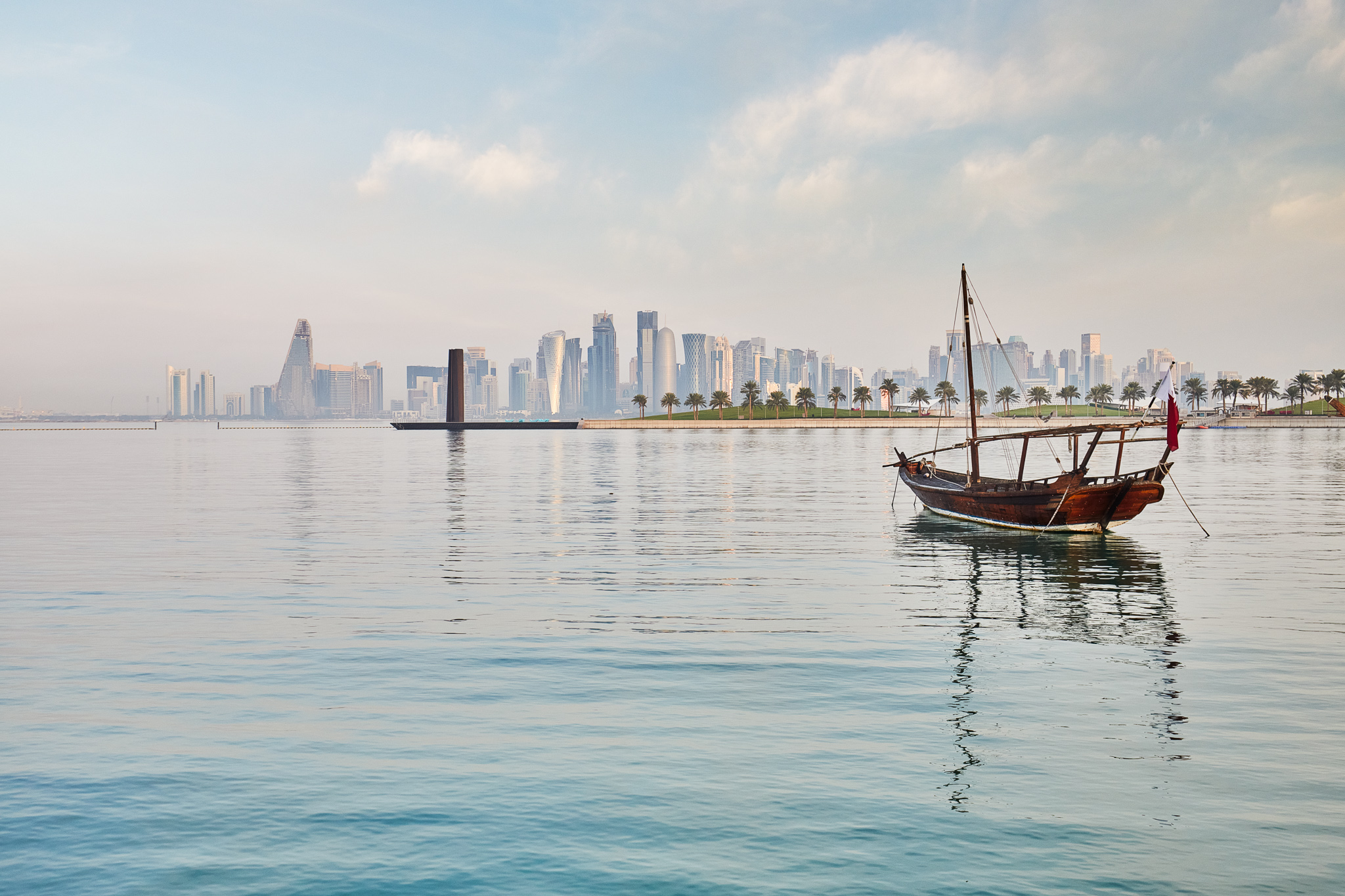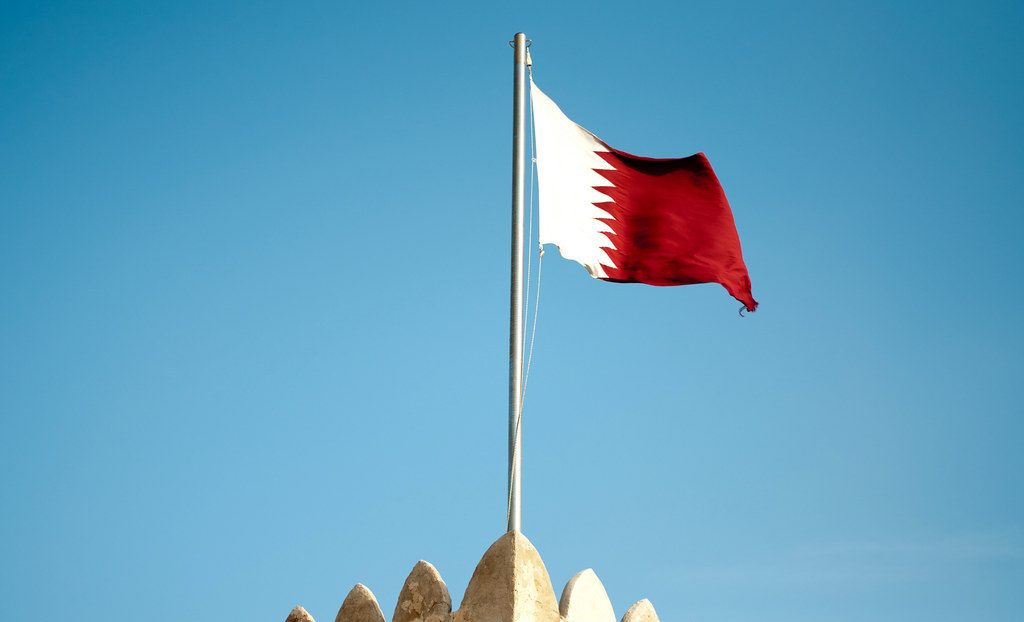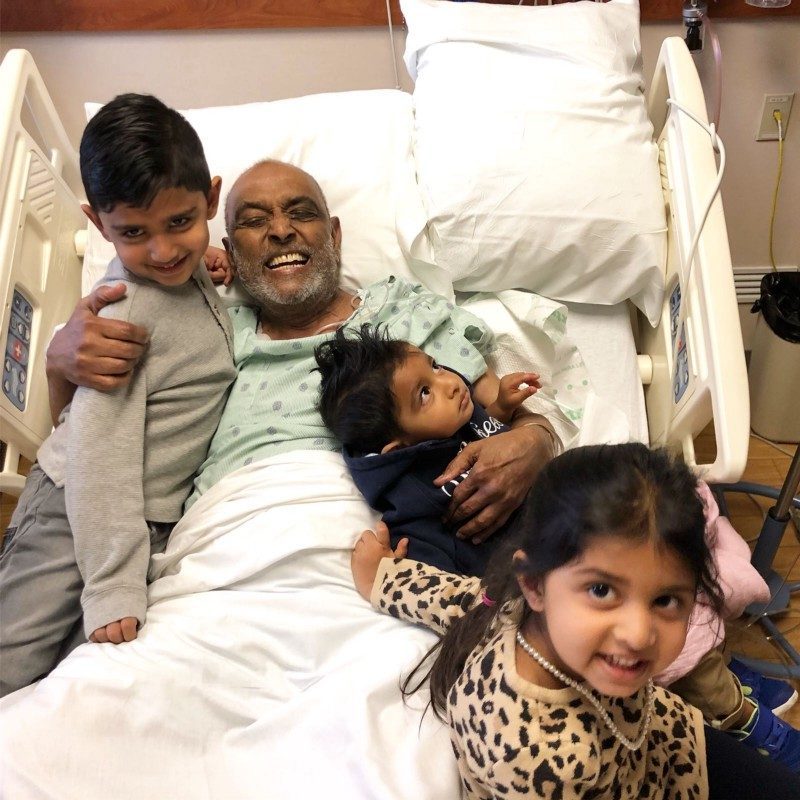
Last week, my uncle suddenly passed away in South Carolina. He had been in the hospital with some health complications, but seemed to rebound after his grandchildren came into town to see him. Or so we thought.
He left this world on his 74th birthday, while his daughter was buying balloons and cake at a nearby grocery store.
Now, I have a very large family, like a My Big Fat Greek Wedding family. Not counting every single relative in India, there’s at least 60 of us in the US. I know people complain that lots of relatives means little privacy and too much drama.
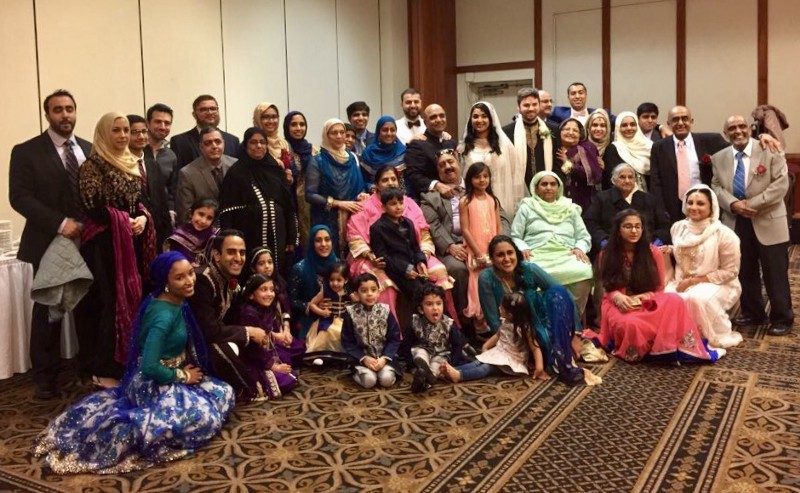
But I have always loved being part of the madness. Some of my fondest memories as a kid (ok and as an adult) are of Khatri get-togethers. They were guaranteed to have delicious Indian food and a Costco cake or two because it was always somebody’s birthday or anniversary.
SOS
Back to my uncle.
Reeling from shock, my aunt and cousin quickly alerted the family about what happened. They also reached out to some close Muslim community members in their town.
This was Sunday afternoon. By Sunday night, more than a dozen of us flew in from all over the country, including Michigan, California and Florida.
I felt helpless while traveling, since it was already too late to see my uncle or ease his passing. But as we walked into his house, it felt almost like the cavalry had arrived.
Yes, my uncle was gone. But as my aunt and cousins and relatives hugged and cried and held each other, I realized that the people he had left behind needed a village to help them pick up the pieces.
So what now, now that we were here? What do you do after dropping everything to get to the people who need you?
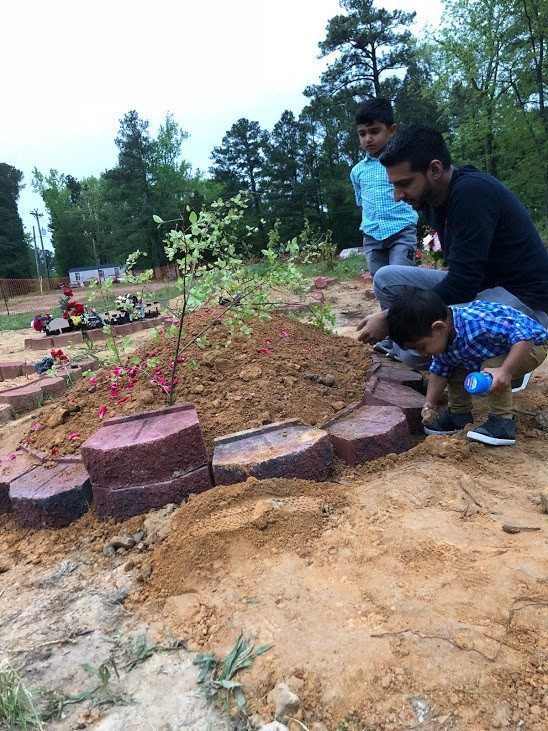
You sit. And chat. And eat. And pray together. And even laugh, while trading memories and updating each other on life developments, all the while wishing really badly this reunion was to celebrate something, not mourn somebody.
There was nothing big or grand to do, but it didn’t matter. We were together, and we had each other’s backs. Death isn’t something to go through alone.
Finding a village
We couldn’t all stay very long, having to return to our children and jobs and lives.
But more relatives came in from Chicago and Texas the next day. And community members began bringing food, lots of food. The phone was ringing off the hook all the time, with well wishes and prayers and condolences for our family.
A visiting tree of sorts was set up so that the house would not be empty of guests for many weeks to come. When family couldn’t be there, community members said they would fill the gaps.
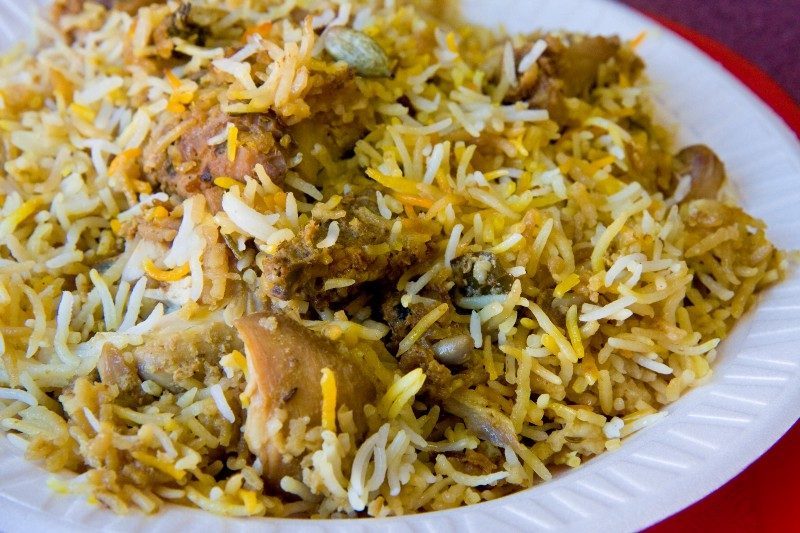
I really admire the spirit of unity that my uncle’s death sparked.
I think my aunt and cousins are fortunate to have a village to help them sort out their lives after this tragedy.
But I also know this isn’t such a common thing in the US. A lot of people live and die alone here.
My husband and children and I recently moved to the DC area, and it hasn’t come naturally to us to build up a rapport with many people. We have lots of excuses — too busy with work and the kids, etc. — but I wonder if we are making a big mistake.
Because when death comes for us, the people we leave behind are going to need a lot of help.
It’s really going to take a village.
Do you have one?



